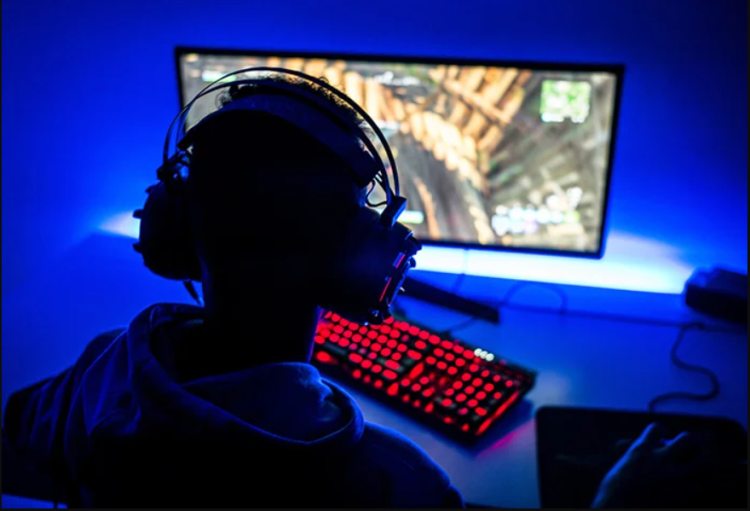Gaming is A New Perspective on Workplace Skills
Illustration by Dana Davis
Across Harvard Business Review's findings, gaming emerges as a surprising yet impactful tool for fostering workplace creativity, teamwork, and stress management.
The myth that working in the gaming industry involves non-stop gameplay is far from the truth. Yet, research increasingly suggests that gaming can positively impact workplace skills, including creativity, teamwork, and stress management, making it more than just a recreational activity.
Gaming has often been dismissed as frivolous, but recent studies challenge this perception. Video games and tabletop games alike promote skills that are highly relevant to modern workplaces. For example:
- Tabletop Role-Playing Games (TTRPGs): Games like Dungeons & Dragons encourage creativity, empathy, and collaboration. Studies have shown that regular players experience reduced anxiety and increased self-esteem, making them effective team players and leaders.
- Video Games: These games improve cognitive skills such as reaction time, memory, and problem-solving. They also contribute to stress relief and resilience, helping employees manage workplace challenges effectively.
TTRPGs offer an alternative to the often overused sports metaphor in business. Instead of emphasizing competition, they highlight collaboration and complementary skills. Employees can see themselves as a "league of adventurers," working together to achieve goals, a model that fosters community and co-creation.

Despite these benefits, gaming still carries a stigma in many workplaces. Hiring managers often overlook the gaming experience as a valuable skill set, leaving gamers hesitant to share their passion. Yet, gaming's potential for developing cognitive and social abilities aligns closely with organizational needs in fast-paced environments.
To integrate gaming into workplace culture and leverage its benefits, companies can take the following steps:
- Incorporate Gaming in Interviews: Managers can ask candidates about their gaming experiences and how these might translate into workplace skills. This can encourage applicants to recognize and articulate the value of their gaming background.
- Encourage Gaming Discussions: Normalize conversations about gaming alongside traditional topics like sports. Organizing game nights or professional development sessions centered on TTRPGs can foster inclusivity and collaboration.
- Lead by Example: Leaders who game or are open to gaming help destigmatize the activity. Even non-gaming leaders can support these initiatives by showing interest in gaming-related activities.
As gaming and simulation-based training become more mainstream, their potential to enhance workplace skills continues to grow. By embracing gaming, organizations can tap into a valuable resource for developing cognitive and social abilities, fostering innovation, and promoting inclusivity.

The workplace of the future may well include as many discussions about the latest gaming strategies as about sports, reflecting a culture that values diverse skillsets and interests.

Comments